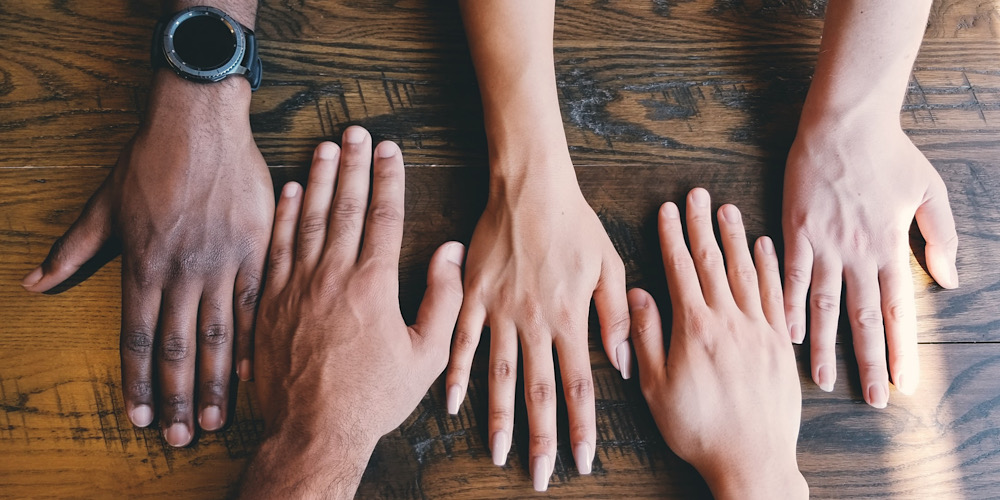
The event will take place online on 6 November, 16:00 CET. Registration is free and is now open.
Since its first annual meeting on 9 November 2009 – the 20th anniversary of the fall of the Berlin Wall – the Falling Walls Conference and Berlin Science Week have grown into a World Science Summit – with one question at its core: Which are the next walls to fall in science and society?
“The metaphor of Falling Walls is really to create spaces for dialogue about big societal changes that cross boundaries,”
Heide Hackmann, ISC CEO
Though there is more work to be done, in the past two decades, the scientific community has made progress in reducing discrimination against women in science, while also publishing more research on sex and gender. In recent years, conversations about discrimination against race and ethnicity have come into the limelight once again. In terms of inclusion, there is still a lot of progress left to be done on this pressing matter.
“Solutions to global problems require global scientific collaboration. We must work together to ensure that such collaboration is supported by a system that is inclusive and just.”
Daya Reddy and Heide Hackmann, ISC President and CEO
The discussion will be moderated by Nick Perkins, who worked as a journalist, media trainer and project manager for over 20 years in Sub-Saharan Africa, South Asia and the Caribbean. He is currently the ‘Lead Technical Advisor- Development, Communication & Extension’ at CABI.
The panel will feature four speakers who will bring their expertise to the global discussion on how funding, publishing, peer reviews, evaluations, conferences and research can help forge a more inclusive research ecosystem:
Kumsal Bayazit: Chief Executive Officer at Elsevier. For the past three years, she has been the Regional President for Europe, Middle East and Africa at RELX Group’s exhibitions business. Prior to joining RELX Group, she worked at Bain & Company in the US, South Africa and Australia. Mrs. Bayazit holds an MBA from Harvard Business School and is a graduate of the University of California at Berkeley.
Daya Reddy: President of the International Science Council. He also holds the South African Research Chair in Computational Mechanics at the University of Cape Town, South Africa. He was a founder member the African Institute for Mathematical Sciences (AIMS), a network with centres for graduate education, research and outreach in six African countries, and serves as chair of the Council of AIMS South Africa.
Shirley Malcom: Director of SEA Change and a Senior Advisor for the American Association for the Advancement of Science (AAAS). In this position she works to improve the quality of and increase access to education and careers in STEM. She serves on the boards of the Heinz Endowments, Public Agenda, the National Math-Science Initiative and Digital Promise. In 2003, she received the Public Welfare Medal of the National Academy of Sciences, the highest award given by the Academy.
Dr Karen Salt: Director of the Centre for Research in Race and Rights at the University of Nottingham. She is also a member of Arts and Humanities Research Council’s Advisory Board. She is an expert on sovereignty, politics and the ways that discourses regarding difference influence narratives, decision-making and systems of governance. She focuses on the impact of racial and political discourses in the Atlantic world.
The World Science Summit has several upcoming events planned until 10 November. This virtual “Circle Table”, normally held person, will build on the 5 November ISC-Falling Walls discussion “Combating systemic racism in science”.